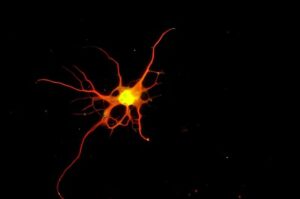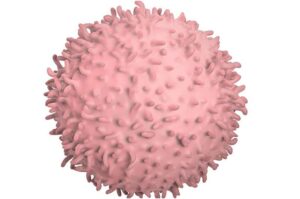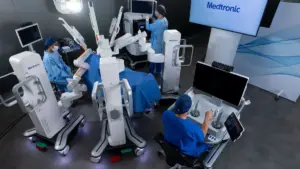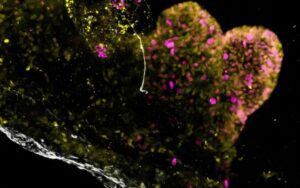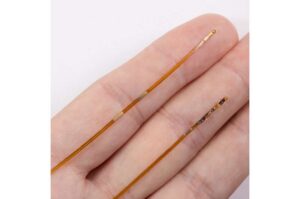
ABANZA Secures FDA 510(k) Clearance for QuadLock™ Fixation System for ACL Reconstruction
ORLANDO, Fla., Jan. 27, 2026 /PRNewswire/ — ABANZA, a company focused on next-generation soft-tissue repair solutions, today announced that the U.S. Food and Drug Administration (FDA) has granted 510(k) clearance for QuadLock™, its new knotless, bidirectional tension-adjustable fixation system for ACL reconstruction.

